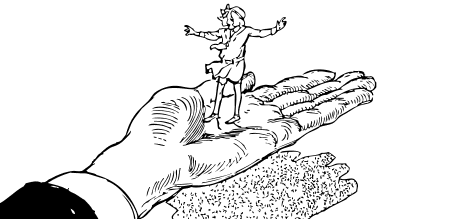Podcast: Play in new window | Download
Subscribe: RSS
Make Your Podcast One Of A Kind
In this episode, we discuss steps that will help you make your podcast one of a kind.
Being unique makes you stand out in a crowd. These are ways to get noticed. There are four steps.
1. Focus your topic.
When you try to be all things to all people, you end up being nothing.
Focus your topic on what you know best. Be opinionated. Be passionate. Pick a side. Be unique. Most of all, be consistent. (read more)
2. What makes you different?
When you try to please everyone, you end up pleasing no one. Make people take notice.
You are an expert at your opinion. Give it to people. Take a stand. Pick a side. (read more)
3. Connect, inspire & motivate
When you connect, inspire and motivate your audience, you stir emotions within your listener. Those emotions are powerful. Emotions make people come back for more, because they create a bonding relationship. (read more)
4. Sell the results of your product
People don’t buy your product. They buy what your product can do for them. (read more)

























